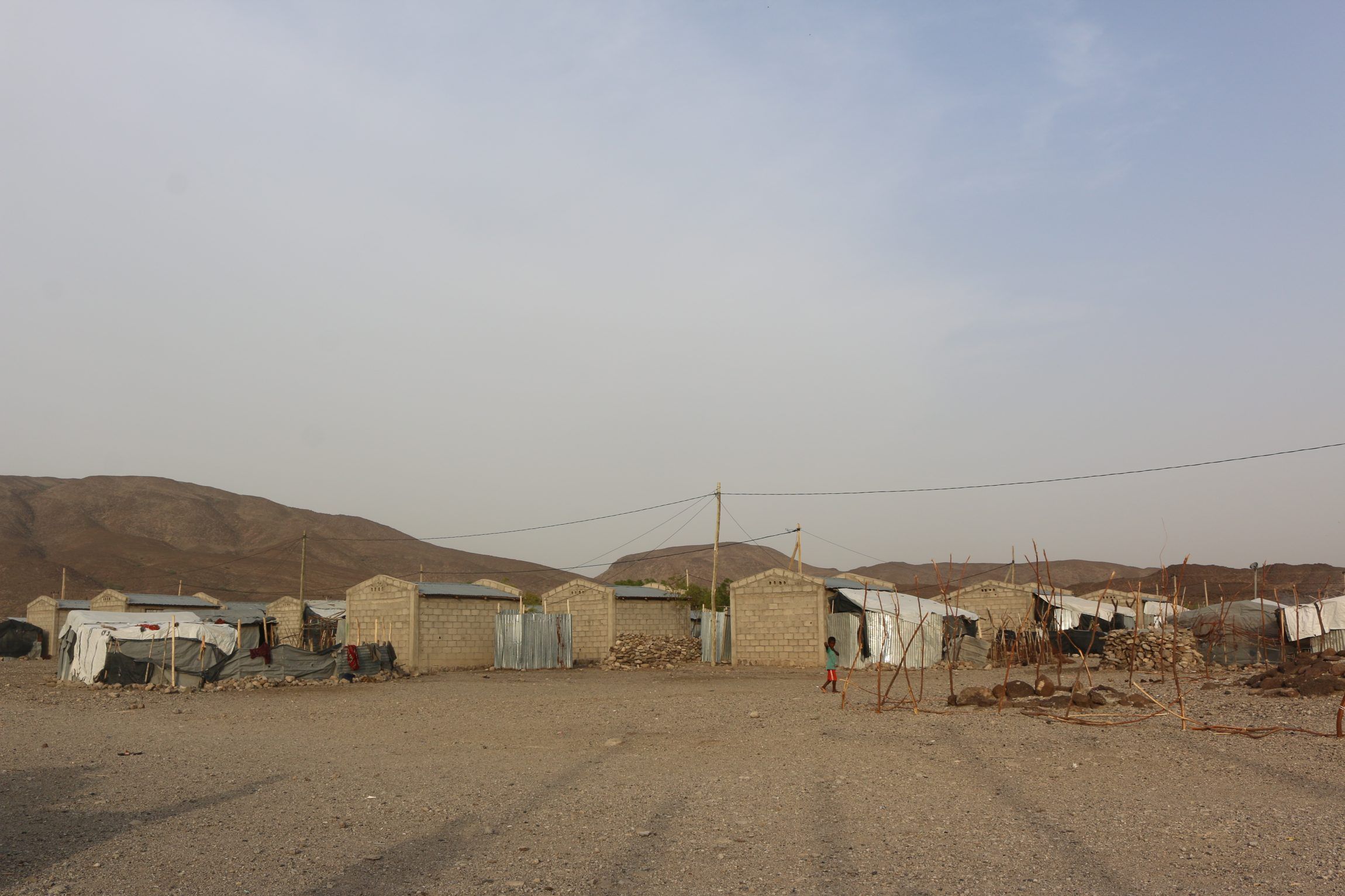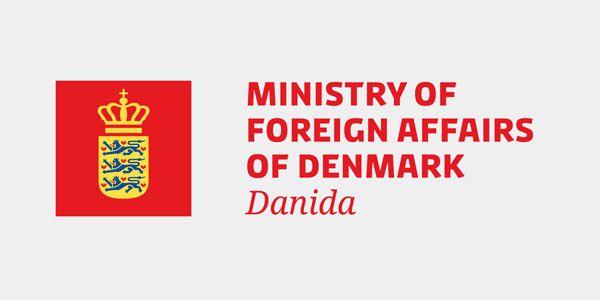“I vow to fight gender-based violence, whether it is in school or at home!” says Hawa, a refugee woman and a member of a peacebuilding committee in Aysaita district of Afar region.
One of DCA’s intervention areas is Afar regional state, an area that experiences frequent conflicts and instability. This volatility arises from both external factors and internal tensions. External tensions often stem from territorial disputes and competition over resources, while internal tensions can be linked to ethnic and cultural differences, land ownership issues, and political rivalries.
Aysaita is one of the districts DCA actively intervenes in Afar region. According to a UNHCR report released in November 2020, in the Aysaita refugee camp hosts more than 20,000 refugees. Established in 2007, the camp is one of the three camps (the others being Berhale and Serdo) in Afar region hosting Eritrean refugees who have fled their home due to conflict induced humanitarian crises. The total number of the host community in Aysaita stands at about 69000, while Aysaita town kebeles and surrounding rural kebele population stands at 23,400.
The district faces significant challenges that impact the safety, security, and well-being of refugees, and host communities. These challenges include gender-based violence (GBV) practices such as domestic violence and sexual assault that pose threat to the physical, emotional, and psychological well-being of individuals, theft induced by unemployment and lack of income, deforestation as a result of unsustainable cutting down of trees for fuel, and conflicts arising in the marketplace due to limited resources, competition, and misunderstandings.
Peacebuilding through Active Participation of the Community
To address the issues of protection, peaceful coexistence, and gender equality, DCA formed a peacebuilding committee in Aysaita Woreda, Afar region. Members of the committee were composed of representatives from the refugees, the host communities, women, men, and the youth, representing each community unit. Each committee member serves as a peace ambassador and community change agent aiming to promote peace building, protection, social cohesion, and gender equality.
Hawa Mohamed, a dedicated member of the peacebuilding committee and a refugee woman, has made a significant impact in her community thanks to the capacity building training provided by DCA. Equipped with knowledge and skills in peace building, social cohesion, and gender-based violence prevention, Hawa has become a beacon of support and empowerment for her fellow community members.

Recently, Hawa was approached by a young girl who had experienced a traumatic incident of sexual assault and physical abuse at her school. The girl, feeling lost and unsure of what to do, turned to Hawa for assistance. Recognizing the urgency and importance of the situation, Hawa guided the girl through the reporting process, ensuring her consent and support every step of the way.
Hawa took immediate action by involving other members of the peace committee, the school director, the district and regional Bureau of Women and Children’s Affairs, and the local court. Through her advocacy and determination, the perpetrator of the assault was swiftly detained from the school premises, and legal charges were pressed against him.
Hawa’s intervention not only helped the survivor of the assault find justice but also sent a powerful message within the community that gender-based violence will not be tolerated. “I am committed towards peace and protection. I vow to fight gender-based violence, whether it is in school or at home!” Hawa says.
About the project
Hawa is a beneficiary of the project Addressing Protection and Multiple Socio-Economic Needs Through a Triple Nexus Approach In South Sudan and Ethiopia that is funded by DANIDA.


